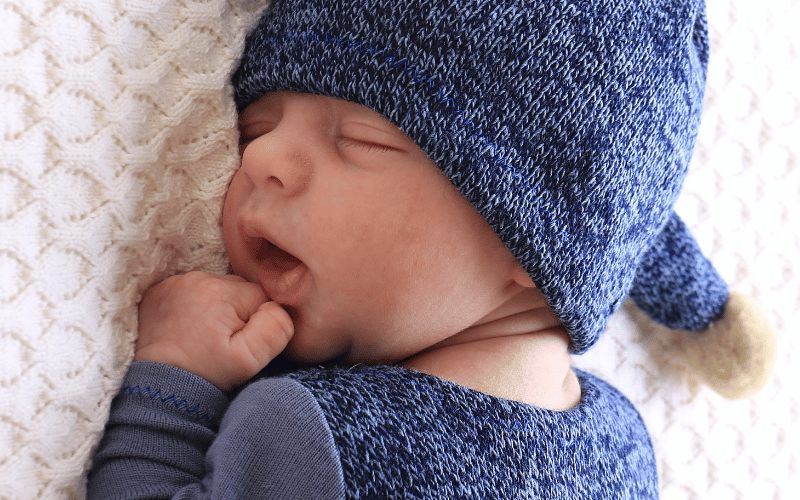Symptom 4: Snoring and Noisy Breathing

Snoring and noisy breathing in infants with choanal atresia are not just nighttime nuisances; they are audible clues to an obstructed airway. These sounds can often be heard during both sleep and wakefulness, indicative of the effort required for the infant to move air past the blockage in their nasal passages.
Snoring, particularly in an infant, is atypical and warrants further investigation. This sound is produced when the flow of air is partially obstructed during breathing. In the case of choanal atresia, the snoring is due to the air being forced through the narrowed or blocked nasal passages, which causes the tissues to vibrate.
Noisy breathing can be a source of constant disruption for the infant, affecting not only sleep but also feeding and play. The sound may vary from a soft whistle to a more concerning stridor, which is a harsh, grating sound that can be quite loud and is often more apparent when the infant is active or upset.
Infants with choanal atresia who exhibit snoring and noisy breathing may be at risk for sleep apnea, a condition where breathing stops and starts during sleep. This can lead to disrupted sleep patterns, reduced oxygen levels, and can impact overall health and development.
Snoring and noisy breathing are symptoms that should not be ignored or silenced without seeking medical advice. They are the body’s way of signaling that all is not well with the breathing apparatus, and addressing them promptly can prevent further complications. (4)